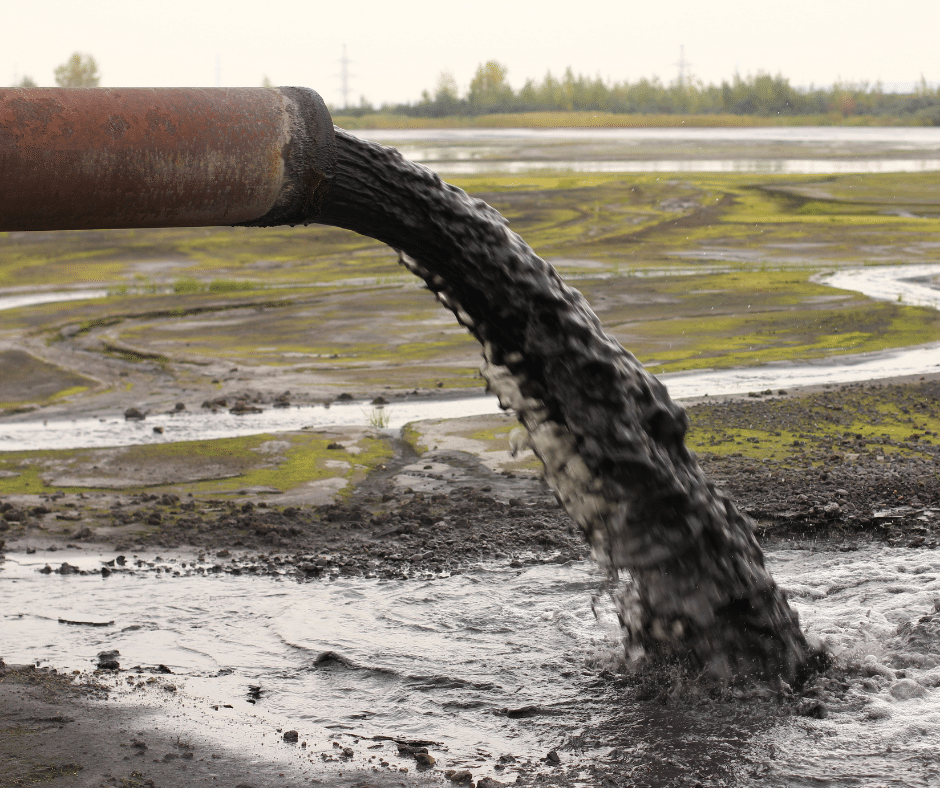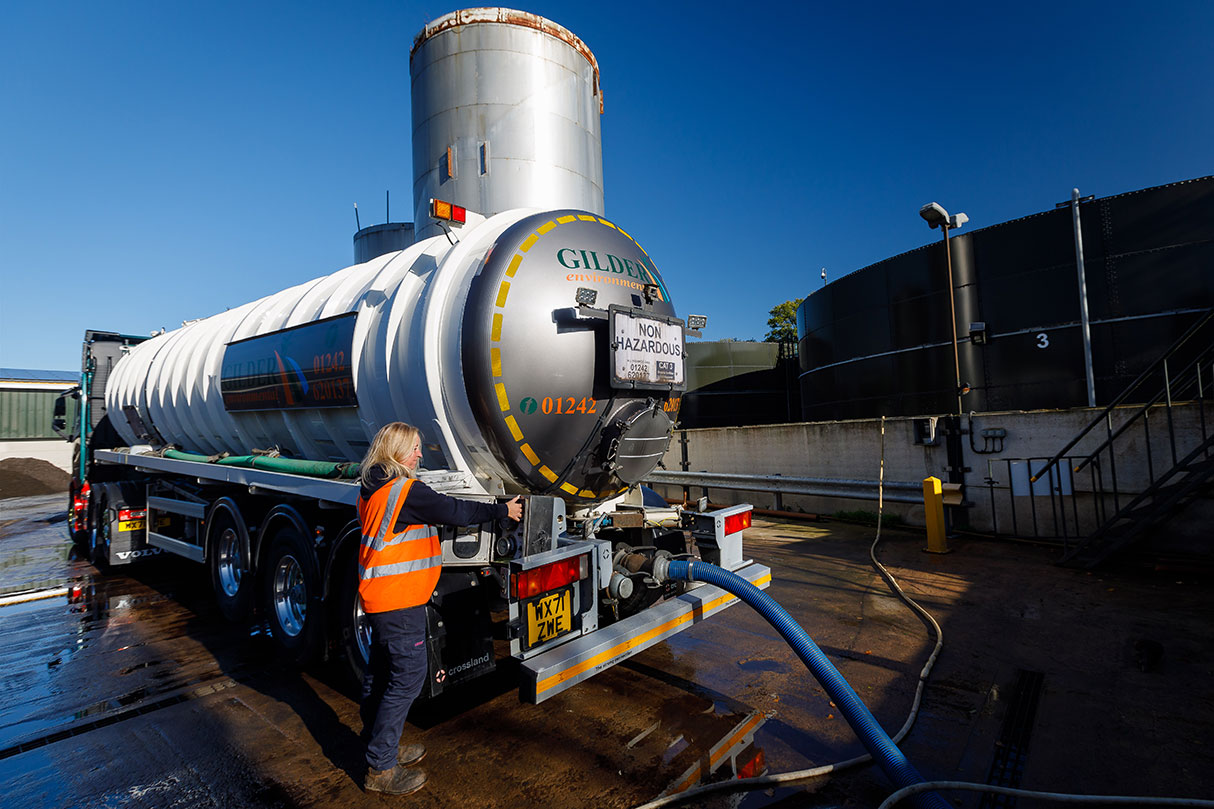Expert Liquid Waste Removal Melbourne: Keeping Your Setting Tidy
Expert Liquid Waste Removal Melbourne: Keeping Your Setting Tidy
Blog Article
Comprehending the Comprehensive Refine of Fluid Waste Disposal: Best Practices and Environmental Effect Considerations
The administration of liquid garbage disposal is a complex concern that needs a comprehensive understanding of different ideal methods and their associated environmental influences. From the kinds of liquid waste created to the methods utilized for collection, therapy, and final disposal, each action plays a vital role in guarding ecological communities and public health and wellness. As regulative criteria evolve and modern technology advancements, the discussion around these processes ends up being significantly essential. What implications do these modifications hold for future sustainability initiatives, and how can stakeholders guarantee that they are appropriately dealt with?
Kinds Of Fluid Waste
Comprehending the different kinds of liquid waste is necessary for reliable monitoring and disposal techniques. Fluid waste can be extensively categorized into several kinds, each calling for one-of-a-kind handling and therapy techniques.
Industrial liquid waste frequently consists of unsafe products, including hefty steels, solvents, and chemicals, generated throughout making procedures. These wastes necessitate rigorous governing conformity to shield human wellness and the setting. Residential liquid waste primarily describes wastewater created from houses, consisting of sewage and greywater, which, although much less hazardous, can still present substantial threats if incorrectly taken care of.
Agricultural fluid waste, including drainage from farms, typically includes plant foods and pesticides that can cause ecological degradation otherwise treated appropriately. Medical fluid waste, produced from healthcare centers, consists of contaminated liquids such as bodily fluids and chemicals, calling for specialized disposal techniques to avoid infection and ecological contamination.
Lastly, oil and oil waste, usually produced by dining establishments and automotive markets, can cause extreme obstructions in drain systems otherwise managed appropriately. Comprehending these classifications promotes targeted techniques for treatment, conformity with policies, and effective disposal approaches, ultimately advertising ecological sustainability and public health safety.

Collection Methods
Reliable collection techniques are critical for the correct monitoring of fluid waste, making certain that it is collected safely and successfully prior to treatment or disposal. Different techniques are employed relying on the kind of fluid waste produced, the volume, and the specific characteristics of the waste.
One usual approach is the usage of specialized collection tanks or sumps, which are designed to catch liquid waste at the source. These systems often include pumps that assist in the transfer of waste to larger storage space containers or treatment centers. Furthermore, mobile collection systems furnished with vacuum modern technology are utilized in scenarios where waste is produced intermittently or in hard-to-reach places.
For commercial setups, closed-loop systems can effectively decrease spills and leaks, enabling the healing and reuse of fluid waste. It is likewise essential to train employees on proper collection procedures to mitigate dangers related to dangerous substances.
Moreover, applying normal maintenance routines for collection tools ensures ideal efficiency and safety. The integration of advanced surveillance systems can enhance collection effectiveness by giving real-time data on waste levels and possible threats. In general, efficient collection methods are foundational to lasting fluid waste management practices.
Treatment Processes
Treatment processes play a crucial duty in the monitoring of fluid waste, changing possibly unsafe products right into secure effluents or reusable sources - liquid waste here are the findings disposal. These procedures can be generally classified right into physical, chemical, and organic approaches, each customized to attend to certain impurities existing in the waste stream
Physical therapy techniques, such as sedimentation and filtering, work by removing suspended solids and particle issue. These methods are usually the initial step in the therapy chain, successfully lowering the lots on succeeding procedures. Chemical therapies involve using reagents to neutralize unsafe materials, precipitate heavy steels, or oxidize organic toxins, consequently improving the safety of the effluent.
Organic therapy procedures, including activated sludge systems and anaerobic digestion, take advantage of the all-natural capabilities of microorganisms to degrade organic issue. These approaches are particularly efficient for wastewater containing naturally degradable pollutants. Advanced treatment modern technologies, such as membrane filtration and advanced oxidation procedures, are progressively used to achieve greater degrees of filtration.
Incorporating a combination of these treatment techniques not just ensures conformity with governing standards but likewise advertises ecological sustainability by recuperating beneficial resources from liquid waste.
Disposal Options
Just how can companies guarantee the liable and secure disposal of fluid waste? Efficient disposal options are essential for guarding public wellness and the environment. The primary methods include land incineration, treatment, and disposal followed by discharge into community wastewater systems.
Land disposal involves the careful control of liquid waste in marked garbage dumps, making sure that it does not seep right into bordering dirt or water. Incineration, on the other hand, subjects liquid waste to high temperatures, transforming it into ash and gases, which need correct filtering to reduce discharges. This method appropriates for dangerous wastes that can not be treated through traditional means.
In cases where fluid waste can be treated, companies may choose have a peek at this site for chemical or organic treatment procedures to reduce the effects of unsafe parts before discharging the dealt with effluent right into metropolitan systems. This path generally lines up with regulatory needs, making sure that the effluent satisfies safety criteria.
Eventually, companies need to perform complete evaluations of each disposal option to establish its viability, thinking about factors such as waste make-up, regulative conformity, and prospective risks to health and the setting. By choosing suitable disposal techniques, services can contribute to an accountable waste management approach.
Environmental Impact
The ecological impact of liquid garbage disposal is a crucial consideration for companies seeking to decrease their environmental impact. Incorrect disposal approaches can cause considerable contamination of water resources, soil degradation, and negative effects on local ecosystems. For example, harmful fluids can leach into groundwater, positioning threats to drinking water materials and marine life. Furthermore, the discharge of untreated or inadequately treated waste right into surface area waters can lead to eutrophication, bring about oxygen exhaustion and the succeeding death of fish and other organisms.

To reduce these effects, companies must take on finest practices such as executing extensive waste therapy processes, advertising recycling and reuse, and sticking to regulatory requirements. By taking a positive technique to fluid waste management, entities can significantly reduce their environmental footprint while supporting lasting development objectives. Inevitably, a detailed understanding of the environmental influences connected with liquid garbage disposal is vital for educated decision-making and accountable stewardship of natural sources.
Verdict
Efficient monitoring of fluid waste is vital for securing ecological honesty and public health and wellness. Inevitably, an extensive understanding of liquid waste disposal not only mitigates ecological impacts yet Clicking Here also fosters a commitment to accountable resource monitoring and ecological stewardship.
The management of fluid waste disposal is a complex issue that requires a detailed understanding of numerous ideal techniques and their linked ecological impacts. From the kinds of liquid waste created to the methods employed for collection, treatment, and last disposal, each step plays a critical role in securing environments and public health.The ecological impact of liquid waste disposal is a vital consideration for companies seeking to decrease their environmental impact. Inevitably, a comprehensive understanding of the ecological influences connected with fluid waste disposal is necessary for educated decision-making and accountable stewardship of natural sources.
Inevitably, a thorough understanding of fluid waste disposal not just reduces ecological impacts yet likewise promotes a commitment to accountable resource monitoring and ecological stewardship.
Report this page